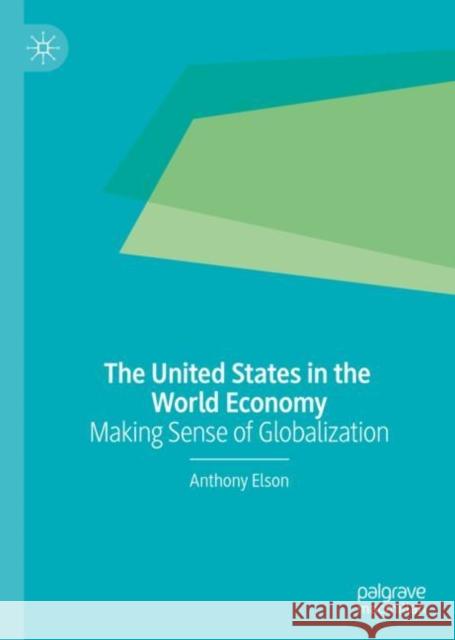The United States in the World Economy: Making Sense of Globalization » książka
topmenu
The United States in the World Economy: Making Sense of Globalization
ISBN-13: 9783030206871 / Angielski / Twarda / 2019 / 227 str.
The United States in the World Economy: Making Sense of Globalization
ISBN-13: 9783030206871 / Angielski / Twarda / 2019 / 227 str.
cena 442,79
(netto: 421,70 VAT: 5%)
Najniższa cena z 30 dni: 424,07
(netto: 421,70 VAT: 5%)
Najniższa cena z 30 dni: 424,07
Termin realizacji zamówienia:
ok. 22 dni roboczych.
ok. 22 dni roboczych.
Darmowa dostawa!
Kategorie:
Kategorie BISAC:
Wydawca:
Palgrave MacMillan
Język:
Angielski
ISBN-13:
9783030206871
Rok wydania:
2019
Wydanie:
2019
Ilość stron:
227
Waga:
0.44 kg
Wymiary:
21.01 x 14.81 x 1.42
Oprawa:
Twarda
Wolumenów:
01
Dodatkowe informacje:
Wydanie ilustrowane











